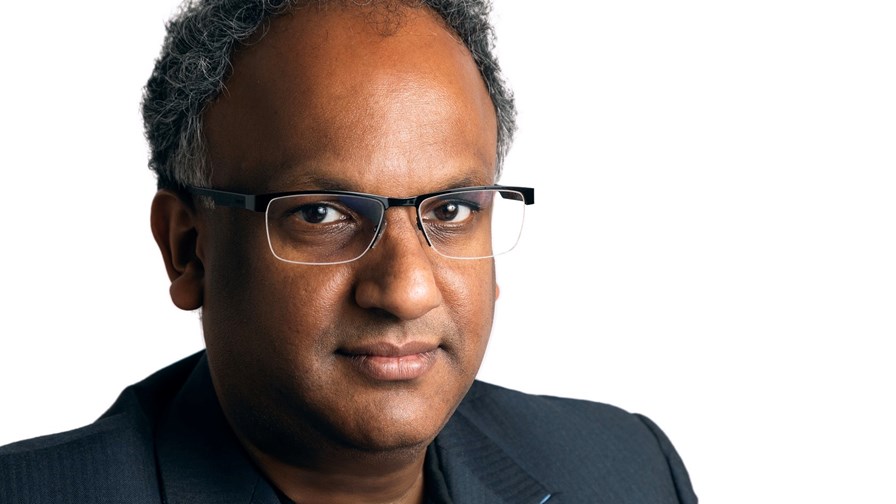
Yogarajah ‘Gopi’ Gopikrishna, NEC
- NEC is acquiring RAN integration and deployment specialist Aspire Technology
- The deal will add hundreds of RAN experts to the NEC team, says head of vendor’s Global open RAN facility
- The Aspire team’s knowledge of traditional, existing RAN networks is vital
- Deal will help NEC become a “new breed of systems integrator”
The acquisition of Aspire Technology will enable NEC to take on larger radio access network (RAN) projects and provide it with a team of experts who can deliver meaningful automation to network operators, according to Yogarajah Gopikrishna, the head of NEC’s Global Open RAN Centre of Excellence.
Talking to TelecomTV in the wake of NEC’s announcement that it is acquiring Aspire Technology for an undisclosed sum, Gopikrishna said the knowledge and understanding of all kinds of RAN architectures – traditional, virtualised and open – will be game-changing for the NEC team, which is aiming to make a name for itself in the global telecom industry after decades of being a giant in Japan but a minnow in international markets – see NEC acquires Open RAN integrator Aspire and NEC builds the foundations for 5G and Open RAN-enabled global growth.)
And it’s the Aspire team’s knowledge and understanding of existing, traditional mobile networks that will help NEC, which is already engaged with major operators, such as Telefónica and Vodafone, with its Open RAN systems integration ambitions.
“We've done a lot of work, getting ready in Telefónica and supporting many other POCs [proofs of concept] and trials – we've been there from the beginning. But if you look at the crux of what we have to solve as a system integrator, where Open RAN is today, where networks are today... the real essence is, how do we deploy Open RAN amidst existing networks? Greenfield is OK and it’s challenging, but it's just part of it. But deploying among running existing networks brings a totally different set of challenges,” noted Gopikrishna. “In order to grow globally, we need people with deep knowledge” and the Aspire team is “perfectly positioned to help us in this key area of network performance, integration and problem solving, when we bring open networks and existing networks together,” he added.
And getting a team – which Gopikrishna says comprises a few hundred people in total – with lots of hands-on experience of working with the largest operators across Europe will also help NEC with its ambition to be a “new breed of systems integrator.... when our operator customers work with the usual SIs [systems integrators], it’s always about throwing a lot of people at the job,” he claims.
But Open RAN brings a lot of complexities. “We don’t want the cost of systems integration to erode the benefits of Open RAN. So from the start, NEC has invested heavily in automation, and I’m not just talking about IT automation, not just automating processes – I’m talking about using engineers who run networks to identify what really needs to be automated,” says Gopikrishna. “And to do that you need an organisation with the technical know-how to know what to measure. Understanding what needs to be automated, what the innovations are, what we can deliver through automation and how we can problem solve really requires network operations and performance knowledge,” he added.
With the deal still yet to close (though that should happen very soon), Gopikrishna was unable to share many details, but he noted that the Aspire team has been working with “all of the major operators that are doing anything about Open RAN” across Europe, in Africa, Latin America and they are kicking off activities in the US.
“They have developed a lot of software tools, using a lot of AI [artificial intelligence] and ML [machine learning],” added the NEC man.
- Ray Le Maistre, Editorial Director, TelecomTV
Email Newsletters
Sign up to receive TelecomTV's top news and videos, plus exclusive subscriber-only content direct to your inbox.




